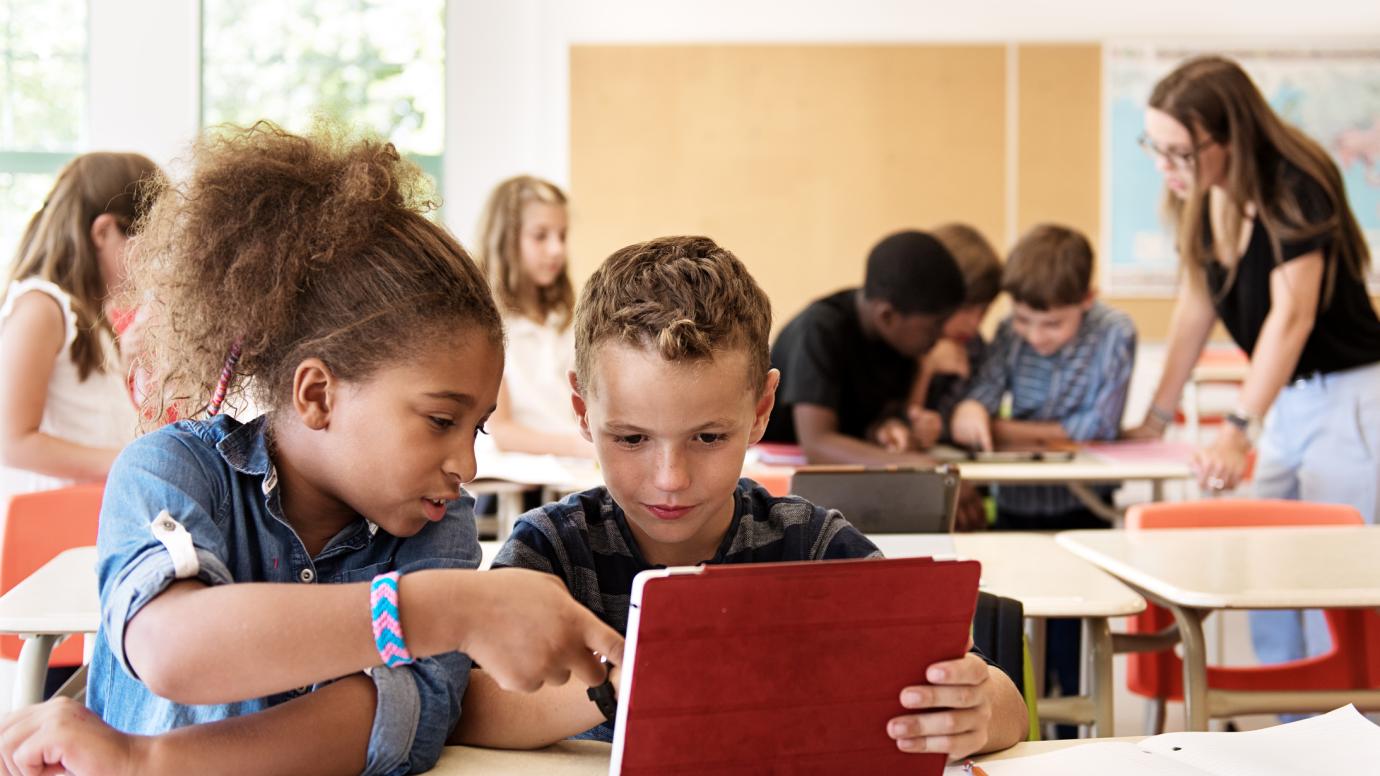Gender equality in and through education: a new issue paper gathers EU-wide knowledge
In 2022 the European Commission’s Working Group on Equality and Values in education and training focused its work on gender equality in education. It has compiled the most relevant insights in its own Issue Paper on gender equality in and through education.

The Issue Paper focuses on gender gaps in education, on gender segregation and non-traditional education and career pathways, on confronting biases in textbooks and learning materials, and on tackling gender-based violence. The document also proposes a wide range of avenues for possible next steps, including research, awareness raising, reviews of existing practice and practical support to educators, to mention just a few.
Key findings
- Gender gaps in education call for more awareness-raising among policymakers, practitioners, parents, and the wider public.
- More research is needed on the impact of dominant masculinity norms on the educational performance of boys and young men; these include attitudes such as boys being expected to be ‘naturally intelligent’ while it is okay for girls to be ‘hardworking’, as well as the belief that it not ‘cool’ for boys to study hard.
- Long-term career counselling focused on career choices free of gender bias can help promote gender equality.
- Specific policies and measures could attract more men into the education field (for example, in early childhood education and care/primary education) and more women into science, technology, engineering and math (STEM).
- Making career or subject choices too early can lead to greater gender segregation in both education and work spheres.
- When reviewing textbooks and learning materials it is relevant to consider issues such as: frequency of distribution of characters by gender, the roles that characters play/are entitled to, the activities that characters are engaged in and the tools they are using, etc.
- Publishers of learning materials are encouraged to use the expertise of gender equality specialists.
- The impact of both blatant and subtle biases and stereotypes on student attitudes and behaviours is not yet well understood.
- Gender-based violence should be specifically and explicitly addressed in educational institutions, their procedures and enforcement mechanisms.
- Bystander intervention mechanisms should be implemented in schools, making witnesses confident to speak up (‘defend those that defend’).
- A whole-school approach would help address different gender equality issues.
About the Working Group on Equality and Values in Education and Training
The Working Group is contributing to the European Education Area through mutual learning on promoting equality in education and training. Participants include representatives from EU Member States and candidate countries, as well as from relevant European agencies, stakeholder associations, social partners, and international organisations. Working Group products reflect only the views of the authors and should not be considered as representative of the European Commission’s official position.
Last updated:


